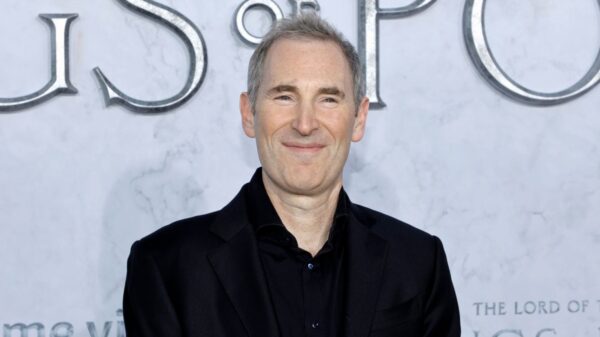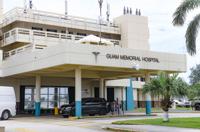The ongoing health care crisis in Guam requires immediate and systemic change, with universal health coverage identified as a potential solution. For years, the Guam Memorial Hospital has faced criticism, often described as being in a “failed state.” Discussions surrounding the need for new infrastructure, management improvements, and federal assistance have been common. Yet, these debates frequently overlook a fundamental issue: the lack of access to primary care and preventive services for many residents.
A significant portion of Guam’s population, including thousands of working-class families, lacks health insurance. Many individuals earn just above the poverty thresholds for Medicaid or the Medical Indigent Program (MIP), making them ineligible for public coverage. At the same time, the cost of private health insurance is often prohibitive, leading many to forgo necessary medical care. The result is a reliance on emergency services for health issues that could have been managed through earlier intervention.
During a recent medical town hall in Dededo, community health professionals emphasized the importance of consistent medical care, including medication management and preventive visits. For those fortunate enough to have insurance, this is manageable. However, many residents, including essential workers such as line cooks, hotel staff, and small business owners, find themselves unable to afford even basic healthcare. This disparity highlights a troubling reality: for those without insurance, seeking early medical assistance is often a matter of survival.
The pathway to resolving this issue may lie in implementing universal health coverage. Such a system would provide basic insurance to every man, woman, and child on the island, improving access to annual checkups and preventive care. This shift could address alarming statistics, such as Guam’s high rate of infant mortality and the prevalence of preventable cancers. With insurance coverage, families could take proactive steps towards their health, reducing the need for emergency room visits and allowing healthcare providers to focus on wellness rather than crisis management.
These ideas are not new. In 2017, while chairing the GMH Task Force, a comprehensive report was issued recommending expanded health coverage alongside structural improvements. Significant legislative efforts have been made, including Bill 132-34, enacted as Public Law 34-59, aimed at increasing access to health insurance. Another key measure, Bill 277-33, which became Public Law 33-143, authorized a public-private partnership for the hospital’s management. Despite these initiatives, progress has stagnated.
Nonprofit organizations like the Todu Guam Foundation have taken action to mitigate the crisis, providing essential services such as immunizations and prenatal care for uninsured residents. Yet, without systemic change, these efforts remain limited. Expanding insurance coverage and increasing government investment could significantly enhance the capacity of such organizations to serve the community.
The urgency of this situation cannot be overstated. Guam requires a comprehensive managed-care program for Medicaid and MIP, paired with a mandate for universal health coverage. Currently, millions are spent annually on emergency health services; reorienting these funds towards preventive care could transform the healthcare landscape. Research consistently demonstrates that access to primary care leads to reduced emergency visits, lower costs, and improved health outcomes.
Achieving these changes will necessitate collaboration among government leaders, healthcare providers, nonprofits, and the private sector. Only through a unified effort can Guam develop a healthcare system that serves all residents equitably. As the conversation continues, it is crucial for leaders to prioritize universal coverage as a viable solution to the island’s health care challenges.
The community deserves a healthcare system that prioritizes public health over reactive care. This call to action is not about seeking political office; it is about inspiring change that will benefit the people of Guam for generations to come.




































































